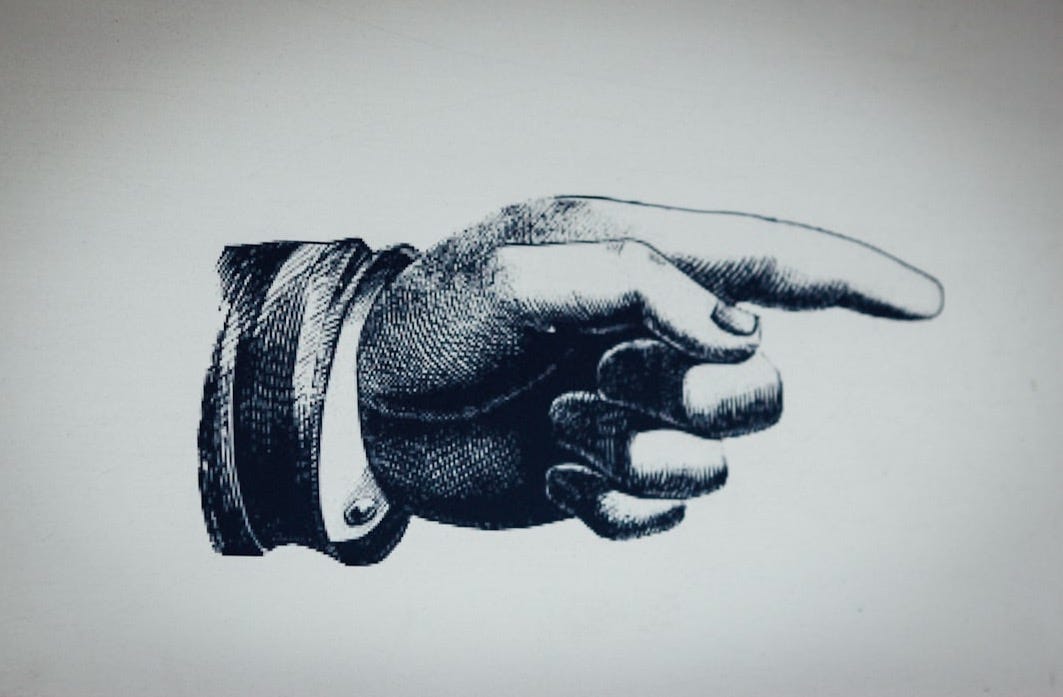The Deal
I signed the contract. Not the onboarding paperwork—the real one. The deal where you show up, work hard, stay loyal, and in return, you get stability. A steady paycheck, health coverage, paid time off, maybe a retirement match. Maybe even a path. Someone who has your back when the system doesn’t. I honored that deal. I’ll walk away intact—not rich, but whole. Dual income helped. It made the trade feel fair. And for a while, it actually was.
But that contract has quietly expired. The expectations stayed—availability, output, silence—but the guarantees disappeared. Raises stalled. Bonuses turned into “recognition.” Benefits shrank behind fine print. Training became a playlist. Loyalty became invisible. And flexibility? That just meant you were always reachable. The work is still there. The hours, the effort, the metrics—they’ve held steady. But the safety net? Gone.
The Shell
What’s left is a shell. The rituals of corporate hell—the all-hands, the team-building, the branded ice cream truck—still roll forward. But ask for anything beyond your base pay and you’ll get a blank stare followed by: “That’s competitive.” Translation: you’re funding a system that no longer funds you. The labor is still personal. The contract is not. You still care. They still capitalize. And somehow, you’re the one being told to be more engaged.
This isn’t a glitch. It’s the business model. Strip away overhead. Flatten the ladder. Swap out people like printer cartridges. It’s lean. Efficient. And working exactly as intended—for them. That’s why the numbers sting. You’re standing in the parking lot holding a free popsicle while Zuckerberg drops $100 million on a single AI hire. You’re not underpaid. You’re irrelevant. You’re not even in the same game. You’re background rendering for someone else’s wealth—and you’ve been in it long enough to forget how strange that is.
So when younger workers say they don’t buy into the system, believe them. They’re not entitled. They’re clear-eyed. The contract that built my career is gone, and no one’s written a new one. They’re being asked to care deeply about a machine that doesn’t care about them—and they know it. That’s why small companies feel like the future. Not because they’re kinder, but because the deal is visible. There’s no myth of mobility. Just the work—and the people doing it. The old contract is gone. But endings aren’t just losses—they’re openings. The space where the fine print used to live is wide open for something that values more than output. I can’t tell you exactly what it’ll look like, but I know it won’t come from another ice cream truck. Bitches, it’s already begun.
Happy Labor Day.

